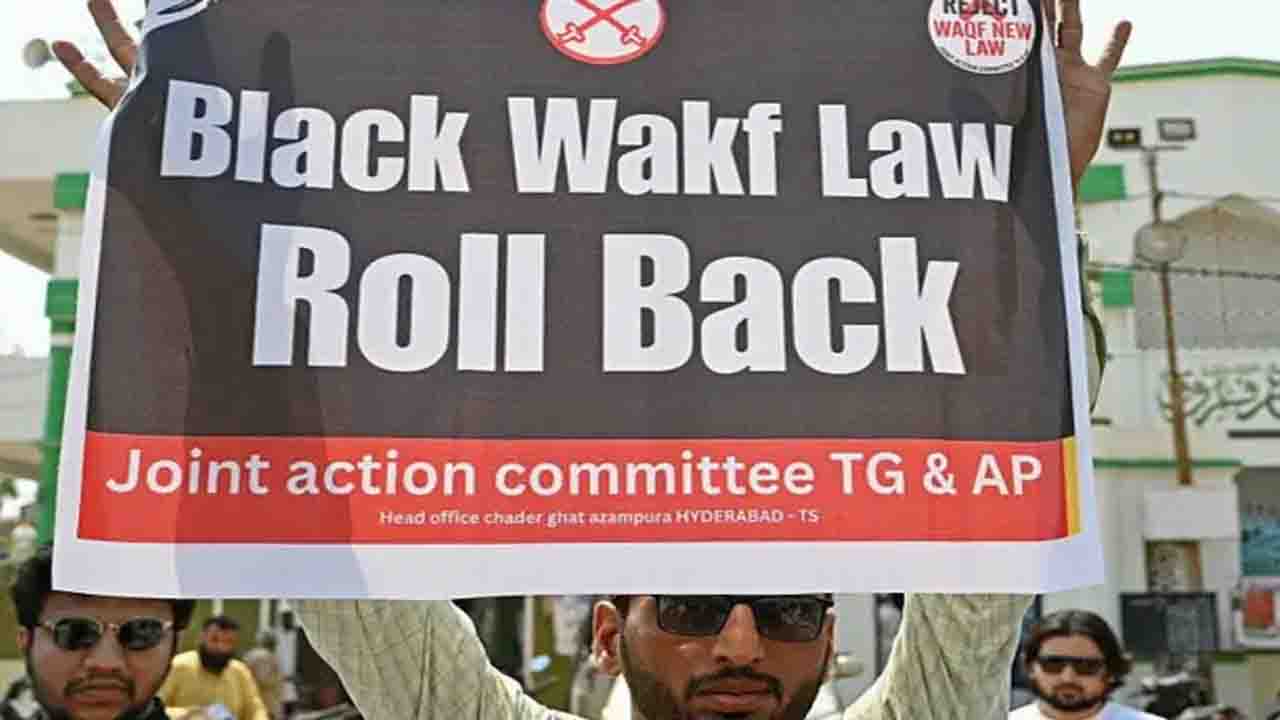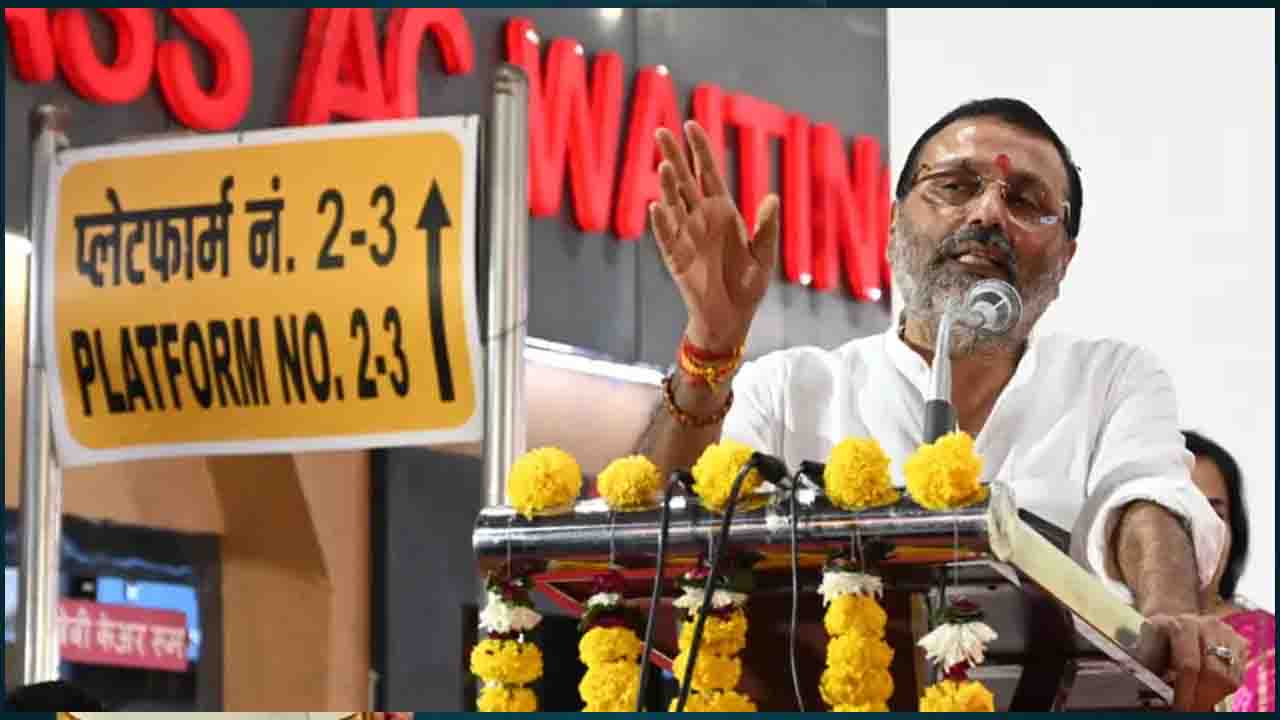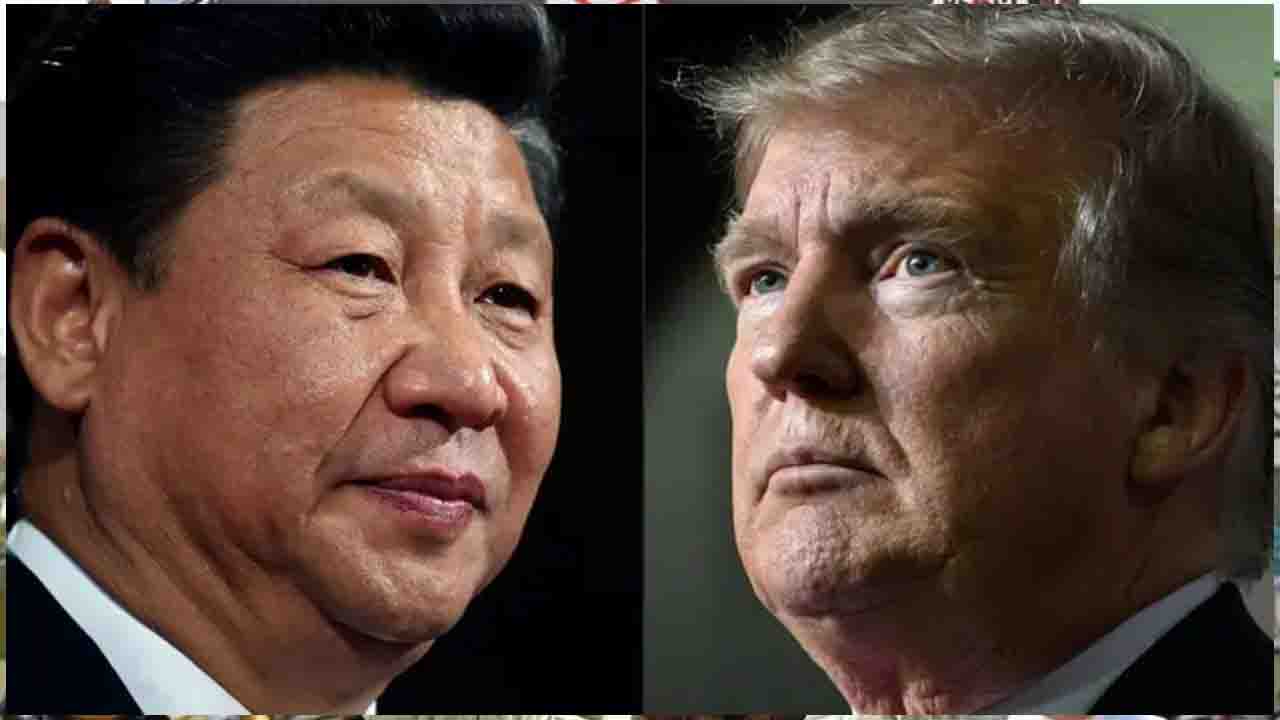Waqf Amendment Law: Is the Government’s Promise to Hold Back Key Provisions a Strategic Move?
During the first two days of hearings on the Waqf Amendment Act in the Supreme Court, the Indian government appeared to take a step back, assuring the court that it would not implement several key provisions of the law until the next hearing. This development has sparked speculation about whether this move signals a conciliatory approach or a calculated legal strategy.
On Thursday, the central government, represented by Attorney General Tushar Mehta, informed the Supreme Court that it would temporarily refrain from implementing certain controversial provisions of the Waqf Amendment Act. The announcement came just a day after the bench, headed by Chief Justice Sanjiv Khanna, indicated the possibility of issuing an interim stay on specific parts of the law.
In Wednesday’s hearing, before the court could issue any order, Tushar Mehta sought a day’s time and returned the following day with the assurance that the government would not enforce some parts of the Act for now. Specifically, he stated that until the next hearing, the government would not appoint non-Muslim members to the Waqf Board, nor alter the character of Waqf properties — including those declared as such based on “usage.”
The Supreme Court has scheduled the next hearing for May 5. So far, the court has not issued a formal stay, but during proceedings, several constitutional and legal concerns were raised about the new amendments.
Petitioners opposing the law argue that the amendments threaten Muslim control over Waqf properties by allowing non-Muslims to intervene in their management. They also raised concerns about the violation of constitutional rights of the Muslim community. One of the most contentious provisions is the potential removal of the concept of “Waqf by usage,” which opponents say could lead to the de-notification of long-standing Waqf properties.
Chief Justice Sanjiv Khanna noted during Wednesday’s hearing that the court might consider interim orders, such as preventing the de-notification of Waqf properties and halting the appointment of non-Muslim members to Waqf councils and boards.
On Thursday, Tushar Mehta requested an additional seven days to file a detailed response. More than ten petitions have been filed in the Supreme Court challenging the Waqf Amendment Act. Petitioners believe that the government backed off temporarily to avoid an immediate stay from the court.
The court has now directed the central and state governments, along with various Waqf Boards, to file their responses within seven days. It also instructed that counter-affidavits in reply to those responses should be submitted within five days from the date of filing.
While the government’s assurance might appear conciliatory, legal analysts suggest it could be a tactical retreat aimed at buying time and avoiding a direct confrontation with the judiciary. Meanwhile, critics of the Act argue that the government’s intentions remain suspect, particularly with provisions that seek to dilute Muslim control over Waqf properties and introduce non-Muslim members into their management structures.
As the case progresses, the spotlight remains on whether the government will stand by its promise — and whether the court will eventually issue an order that reshapes the fate of Waqf governance in India.






